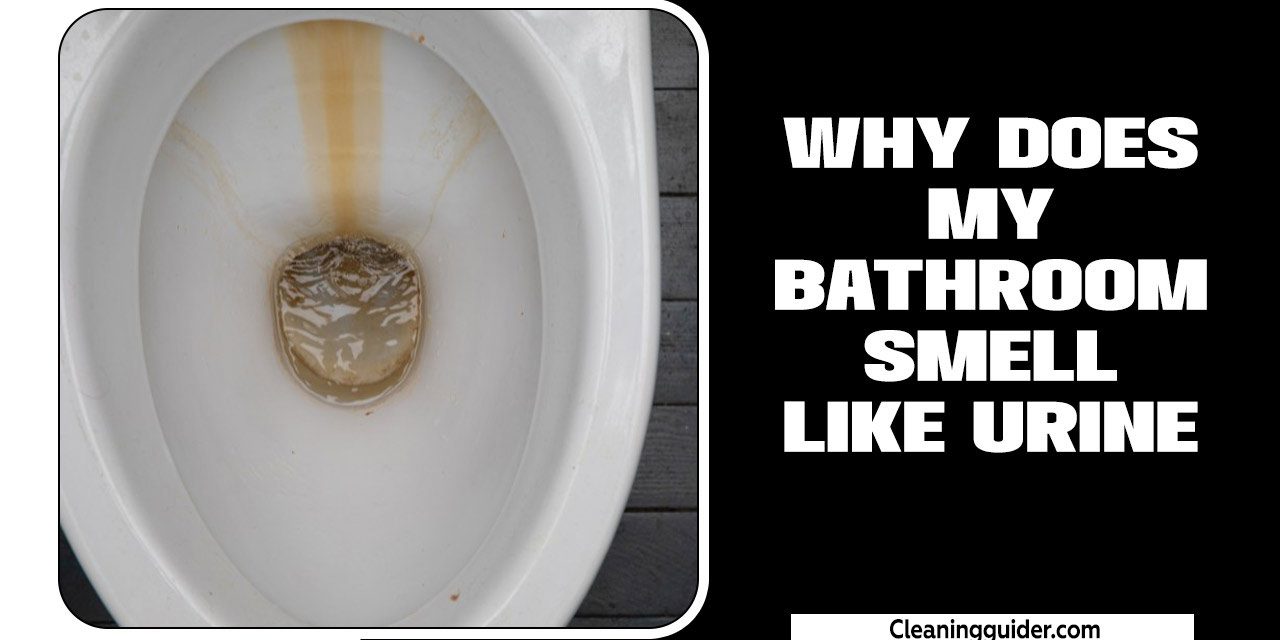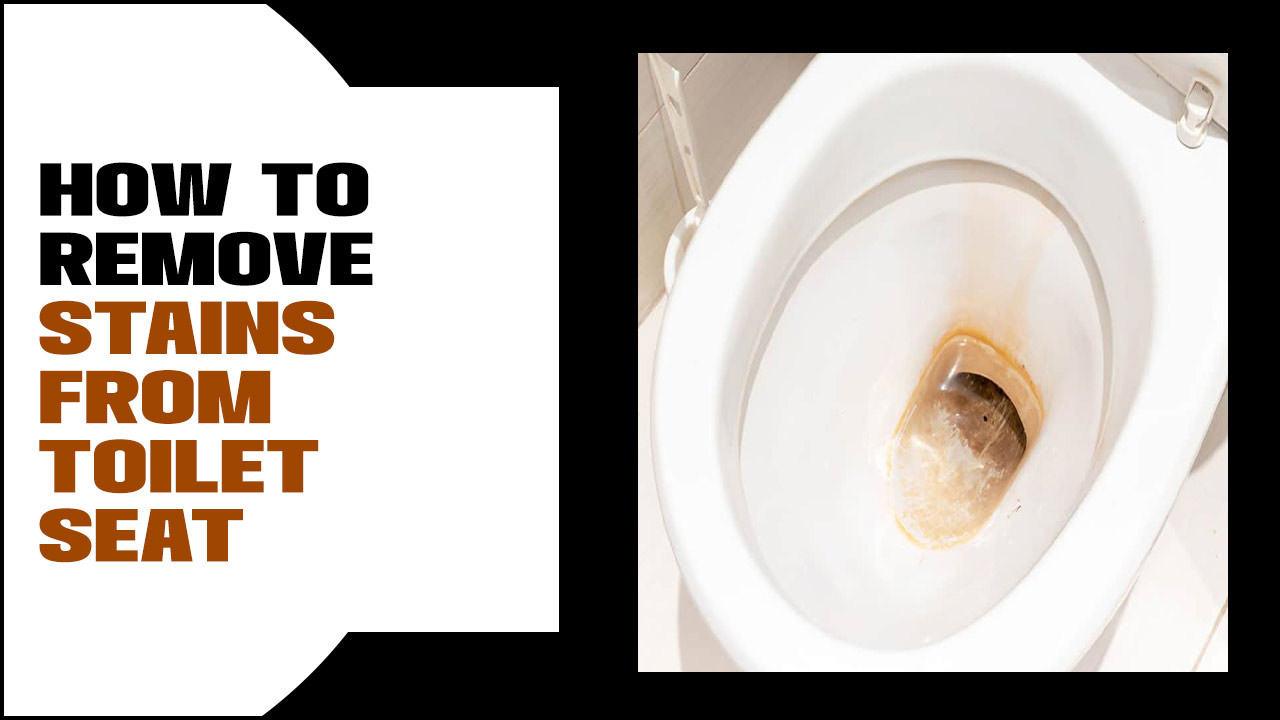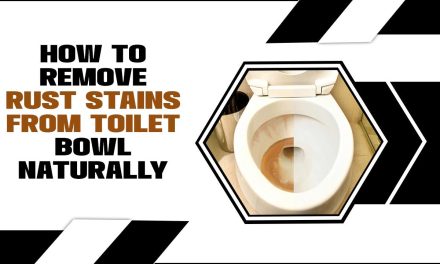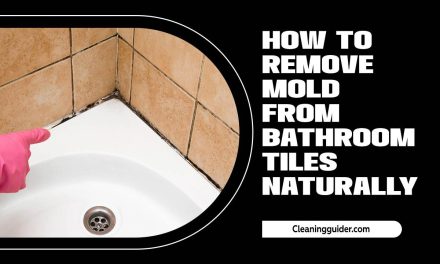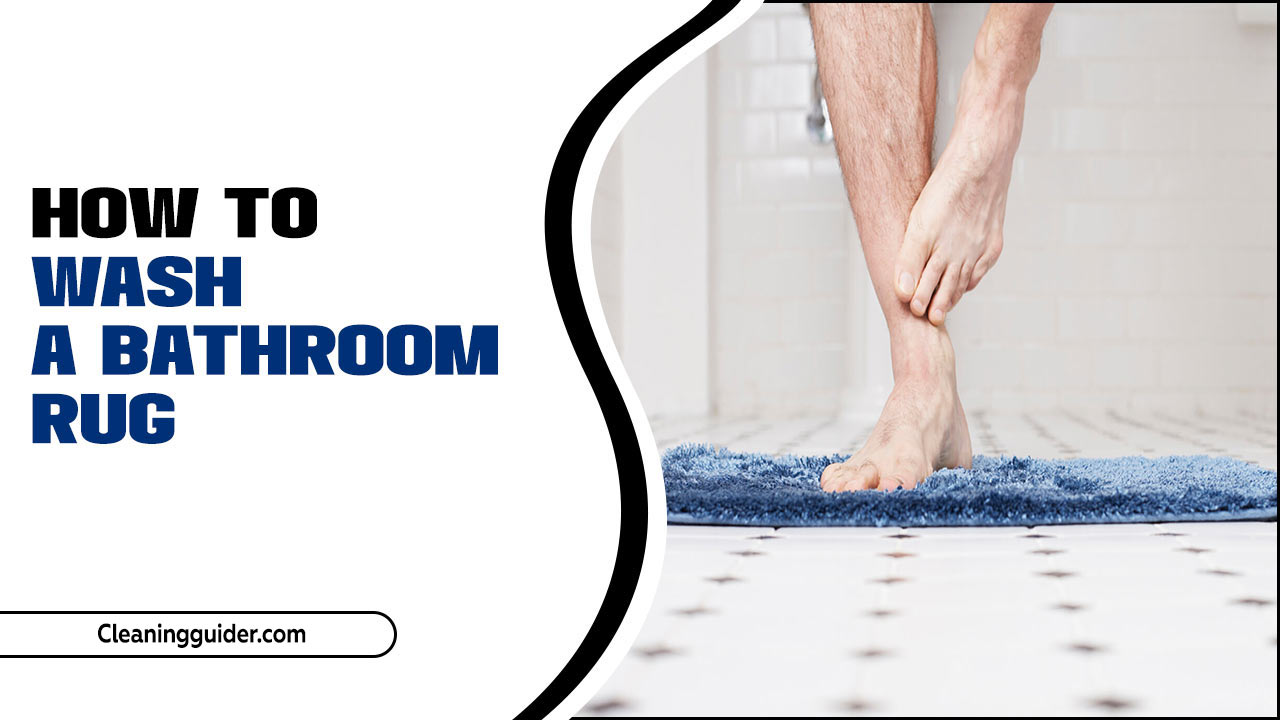Bathrooms are meant to be a place of cleanliness and freshness, but unfortunately, they can often be plagued by unpleasant odors. One of the most common and persistent smells in bathrooms is the unmistakable scent of urine.
This can be a source of embarrassment and frustration for many homeowners, leaving them wondering why their bathroom has such an unpleasant odor. Here, we will delve into why does my bathroom smell like urine, from hygiene habits to plumbing issues.
By understanding the root causes of this issue, you can take the necessary steps to eliminate the odor and maintain a clean and hygienic bathroom. Whether you are a homeowner, renter, or simply someone who wants to know more about bathroom odors, this article will provide you with valuable insights and tips on how to tackle this common problem.
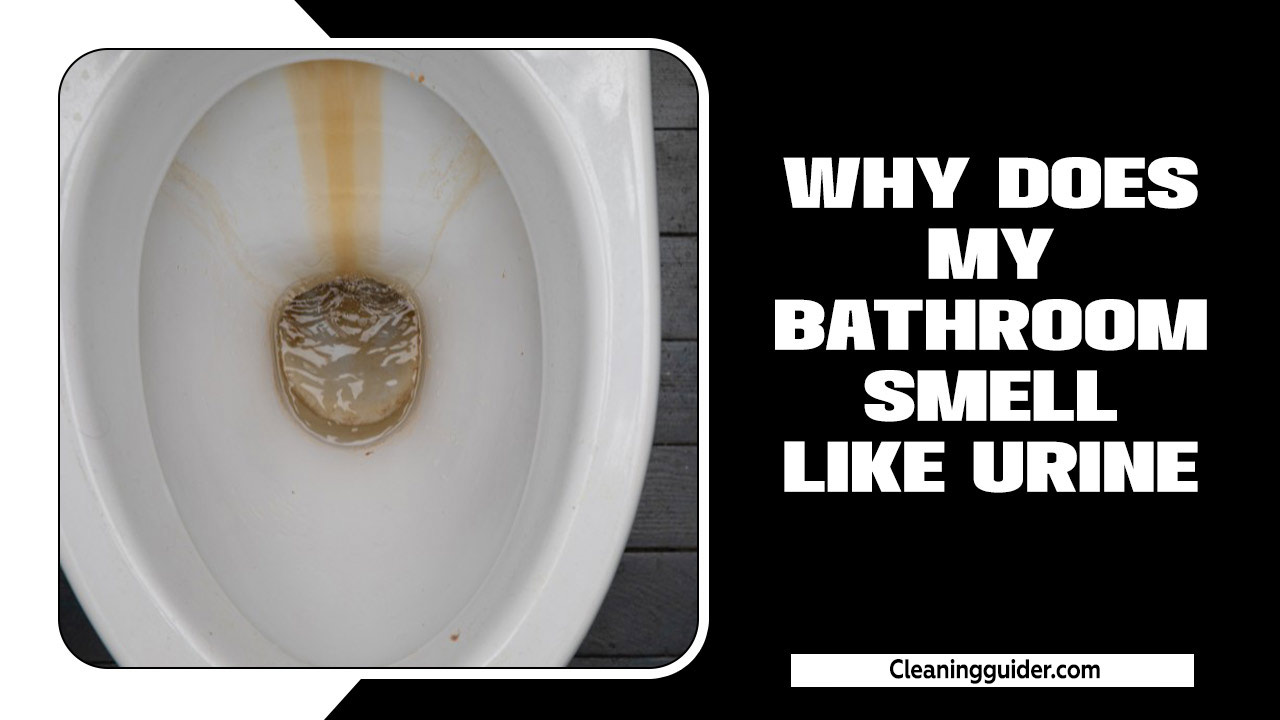
Identifying The Source Of The Odor
Identifying the source of an odor is an essential process in various fields, such as environmental science, forensic investigation, and public health. The ability to accurately pinpoint the origin of a particular smell is crucial for addressing potential health hazards, resolving environmental issues, and gathering evidence in criminal cases.
In this context, the term “odor” refers to any perceptible scent that may arise from a variety of sources, including chemicals, gases, biological matter, or decomposing materials. To identify the source of the odor in your bathroom, you can follow these steps:
- Start by thoroughly cleaning the bathroom, including the toilet, sink, and floor. Sometimes, the smell can be caused by built-up dirt and grime.
- Check the toilet bowl and the area around it. Look for any signs of urine stains or splatters. If you notice any, make sure to clean the area properly.
- Inspect the bathroom floor for any signs of urine leakage. Check around the base of the toilet and along the edges of the flooring.
- Check the toilet tank and the pipes connected to it. Sometimes, a leaking or malfunctioning toilet can cause persistent urine odor. If you notice any leaks or dripping, it’s best to consult a plumber.
- If you have a bathroom rug or mat, make sure to clean it regularly. These can absorb odors and contribute to the smell.
Why Does My Bathroom Smell Like Urine – Full Discussion
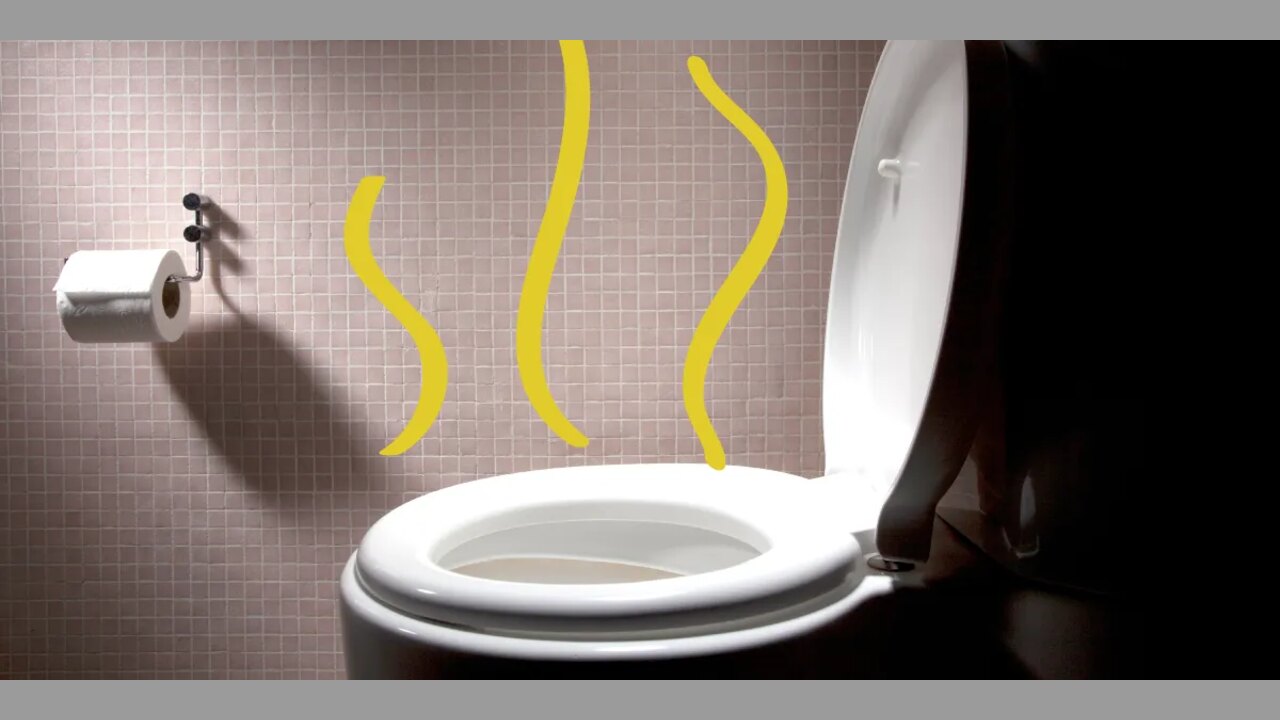
Here is the answer to why does my bathroom smell like urine. If your bathroom smells like urine, it can be quite unpleasant and embarrassing. There are several reasons why this might be happening. One common cause is poor hygiene and inadequate cleaning.
Urine can accumulate on the toilet seat, around the base of the toilet, or on the floor if not cleaned regularly. Another possible cause is a leak or malfunctioning plumbing. If there is a leak in the toilet seal or a problem with the wax ring, urine can seep into the floor or subfloor, causing a persistent odor.
Additionally, urine can sometimes splash onto the walls or other surfaces when using the toilet, leading to a lingering smell. In some cases, the smell may be coming from the grout between the tiles, which can absorb urine and become difficult to clean. To address this issue, it is important to maintain proper hygiene by regularly cleaning the bathroom, including all surfaces, using appropriate cleaning products.
Cleaning Techniques For Removing Urine Odor
This academic discourse aims to provide an overview of various cleaning techniques that can effectively remove urine odor. Urine odor, although a common issue in households and public spaces, can be highly off-putting and pose potential health risks. Therefore, it is imperative to employ appropriate cleaning techniques to eliminate this unpleasant smell. Cleaning Techniques for Removing Urine Odor:
- Start by identifying the source of the urine odor. Check for any visible stains or areas where urine may have accumulated.
- For hard surfaces such as bathroom floors or tiles, mix a solution of equal parts water and vinegar. Apply this mixture to the affected area and let it sit for a few minutes. Scrub the area gently with a brush or sponge, then rinse with clean water.
- If the urine odor has penetrated porous surfaces such as grout or carpet, you may need to use a specialized enzymatic cleaner. These cleaners are designed to break down the uric acid crystals in the urine, effectively eliminating the odor. Follow the instructions on the cleaner and make sure to saturate the affected area thoroughly.
- Allow the enzymatic cleaner to sit for the recommended amount of time, usually a few hours or overnight. Afterward, blot the area with a clean cloth or towel to remove any excess moisture.
Preventing Future Urine Odor In The Bathroom
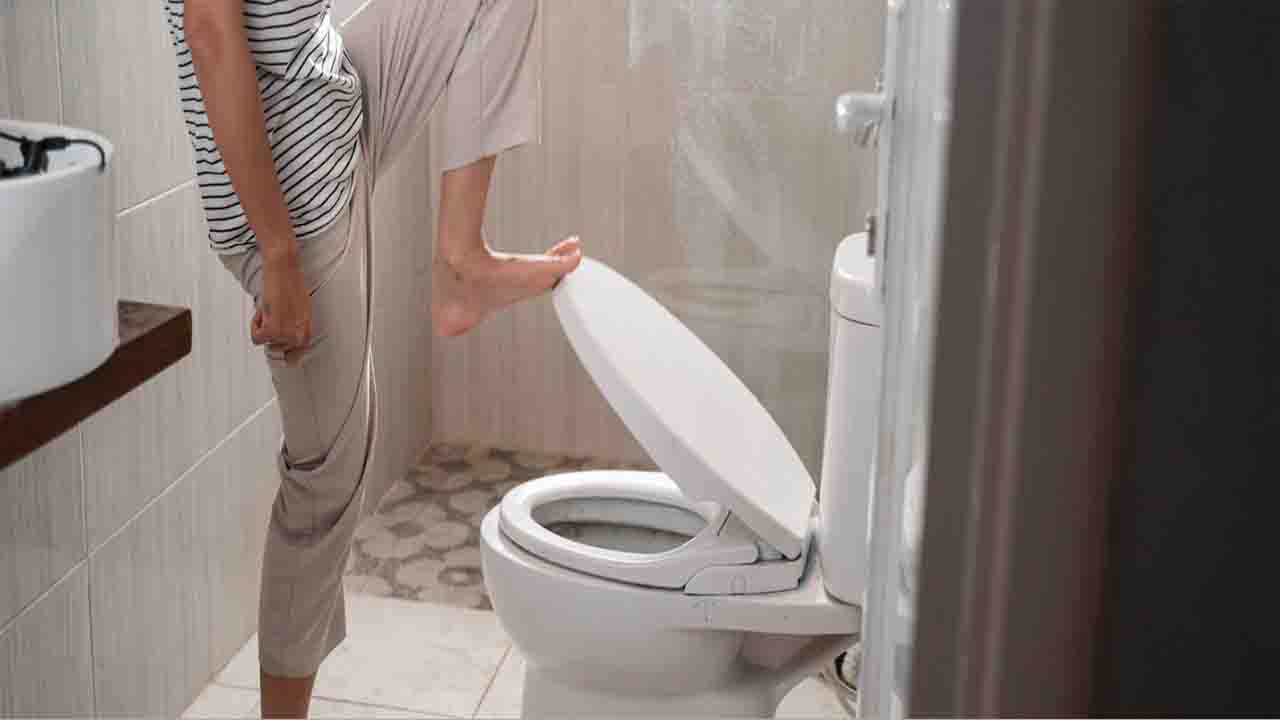
Preventing future urine odor in the bathroom is a critical issue that requires attention and proactive measures. The presence of urine odor in bathrooms not only creates an unpleasant environment but also poses potential health risks. Therefore, it is imperative to adopt effective strategies to mitigate and eliminate such odor. To prevent future urine odor in the bathroom, here are some helpful tips:
- Clean Regularly: Make sure to clean your bathroom frequently, paying extra attention to the toilet, floors, and any areas where urine may have splashed. Use a mild disinfectant cleaner to eliminate any bacteria or lingering odors.
- Ventilation: Proper ventilation is key to preventing urine odor. Use an exhaust fan or open a window to improve air circulation and minimize any lingering smells.
- Address Toilet Cleanliness: Keep the toilet clean by regularly scrubbing the bowl and under the rim. Use a toilet bowl cleaner that specifically targets odor-causing bacteria. Don’t forget to clean the seat, lid, and surrounding area as well.
- Fix Leaks: Persistent urine odor may be a sign of a hidden leak. Inspect your toilet for any leaks or cracks and have them repaired promptly to prevent further issues.
- Maintain Proper Hygiene: Encourage household members to practice good hygiene habits, such as flushing
Dealing With Persistent Urine Odor Issues
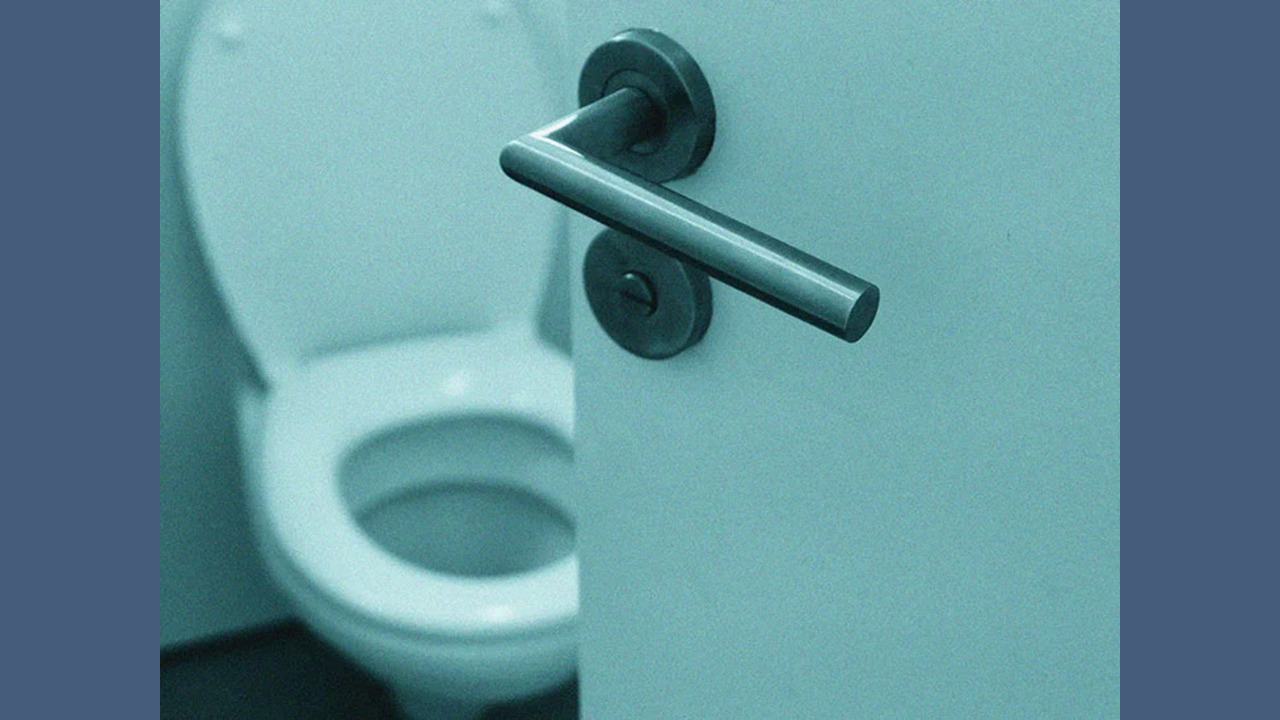
Persistent urine odor issues can be a source of significant discomfort and inconvenience for individuals and communities alike. Dealing with such issues requires a comprehensive understanding of the underlying factors contributing to the odor, as well as effective strategies for its mitigation. First and foremost, it is essential to identify the root cause of the persistent urine odor. Here are some tips:
- Clean And Disinfect Regularly: Start by thoroughly cleaning your bathroom, paying special attention to the areas where urine odor may be present. Use a bathroom cleaner or a mixture of vinegar and water to remove any stains or residue. Disinfect the toilet, floor, and other surfaces to kill any bacteria causing the odor.
- Check For Leaks: Persistent urine odor may be an indication of a hidden leak in your bathroom. Inspect the toilet, sink, and pipes for any signs of leakage. If you find a leak, fix it as soon as possible to prevent further odor and damage.
- Eliminate Odors From Fabrics: If there are any fabric materials, such as bath mats or curtains, that have absorbed urine odor, wash them thoroughly with a strong detergent
Common Mistakes To Avoid When Dealing With Urine Odor
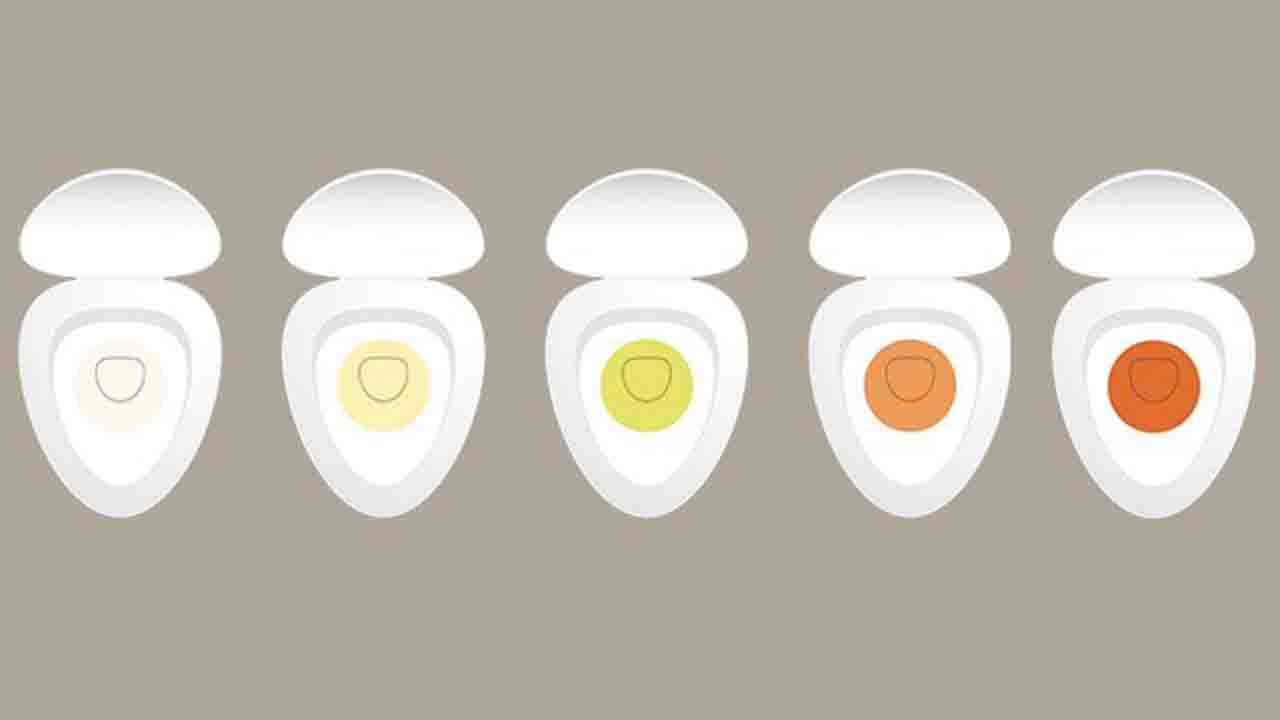
there are common mistakes that individuals often make, which can hinder their efforts in effectively eliminating the unpleasant smell. One common mistake is neglecting to address the root cause of the odor. Simply masking the smell with air fresheners or deodorizers will only provide temporary relief as the underlying issue persists.
It is crucial to identify the source of the odor, whether it be from pets, children, or individuals with medical conditions, and address it accordingly. Here is some information on common mistakes to avoid when dealing with urine odor in your bathroom:
- Not Cleaning Regularly: One common mistake is neglecting regular cleaning of your bathroom. Urine can accumulate over time, leading to unpleasant odor. Make sure to clean your bathroom frequently, especially the toilet, floors, and any other areas where urine may be present.
- Using Ammonia-Based Cleaners: Ammonia is a component of urine, so using ammonia-based cleaners can actually make the urine odor worse. Avoid using these cleaners and opt for products specifically designed to neutralize urine odors.
- Ignoring Hidden Sources Of Odor: Sometimes, the urine odor may not be coming from the toilet or obvious areas. Check for other potential sources, such as grout lines, caulkings, or even underneath the toilet seat. These areas can trap urine and contribute to the smell.
- Not Addressing Plumbing Issues: If you notice a persistent urine odor despite regular cleaning, there may be an underlying plumbing
Natural Remedies And DIY Solutions For Urine Odor
Urine odor is a commonly encountered issue that can cause significant discomfort and embarrassment for individuals. While there are commercial products available in the market aimed at combating this problem, there is growing interest in natural remedies and do-it-yourself (DIY) solutions for urine odor. Natural Remedies and DIY Solutions for Urine Odor:
- Vinegar: Mix equal parts of white vinegar and water in a spray bottle. Spray the affected areas, such as the bathroom floor or toilet, and let it sit for a few minutes before wiping it clean. Vinegar helps neutralize the ammonia in urine and eliminate odor.
- Baking Soda: Sprinkle baking soda on the urine-stained areas and let it sit for a few hours or overnight. Then, vacuum or sweep it away. Baking soda absorbs and neutralizes odors effectively.
- Lemon Juice: Squeeze fresh lemon juice onto the affected areas and let it sit for a while. The citric acid in lemon juice helps break down urine odor molecules and leaves a fresh scent behind.
- Hydrogen Peroxide: Mix hydrogen peroxide with water in a 1:1 ratio and use this solution to clean the urine-stained areas. Peroxide is known for its disinfectant
Why Does My Bathroom Smell Like Pee Even After Cleaning?
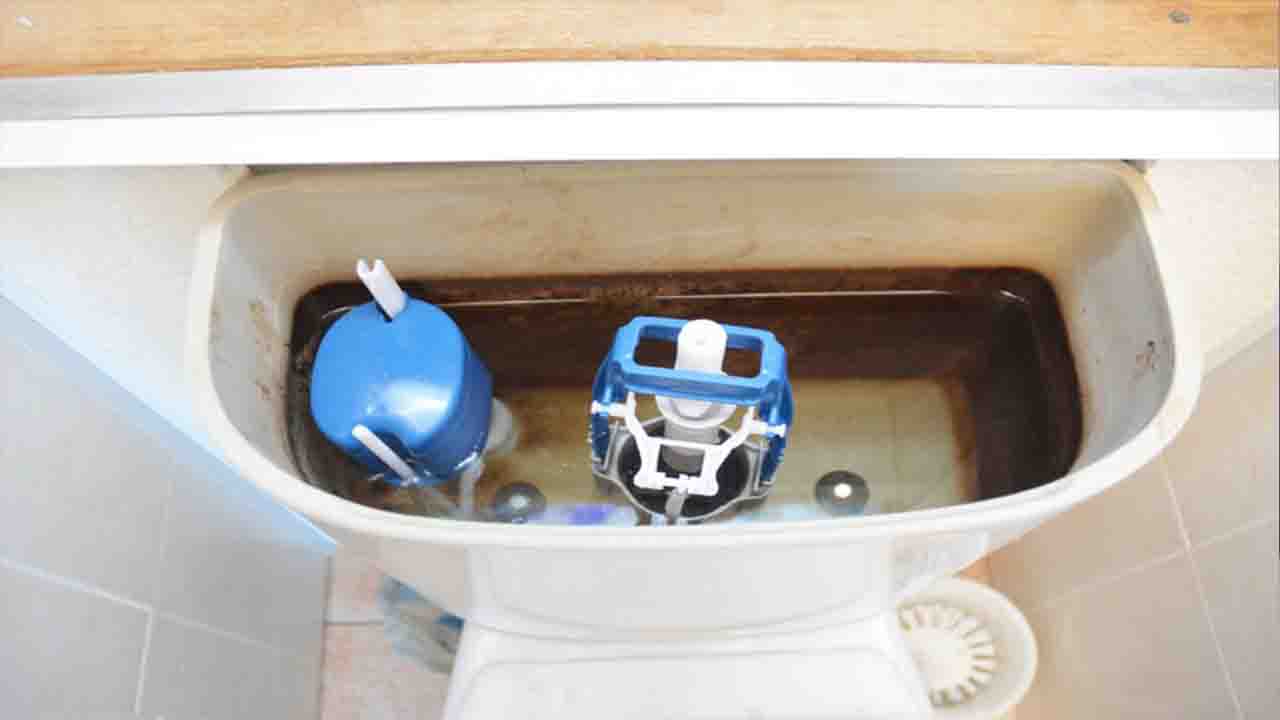
The persistent odor of urine in a bathroom, despite regular cleaning efforts, can often be a source of frustration for individuals seeking a clean and hygienic environment. This phenomenon raises the question: why does my bathroom smell like pee even after cleaning?
Several factors may contribute to this perplexing issue. Firstly, inadequate cleaning techniques may be responsible for the lingering smell. Merely wiping the surfaces with a general-purpose cleaner may not effectively eliminate the bacteria and uric acid crystals that can accumulate on bathroom fixtures, such as toilets and floors. Additionally, moisture and humidity in the bathroom can create an ideal environment for bacteria growth, further perpetuating the unpleasant odor.
Furthermore, hidden or hard-to-reach areas, such as the base of the toilet or grout lines, can harbor bacteria and urine residue that may not be thoroughly cleaned during routine maintenance. Another possible explanation is a malfunctioning or improperly sealed toilet.
Conclusion
The smell of urine in your bathroom can be caused by a variety of factors, ranging from poor hygiene to underlying medical conditions. By identifying and addressing the root cause, you can effectively eliminate the unpleasant odor and maintain a clean and hygienic bathroom.
Additionally, implementing regular cleaning and disinfecting routines and using products specifically designed to combat urine odors can help prevent future issues. Remember to consult a medical professional if the smell persists, as it could be a sign of a more serious health issue. With proper attention and care, you can ensure a fresh and inviting bathroom for yourself and your guests. We hope now you understand why does my bathroom smell like urine.
FAQ
1. What Are Some Common Reasons Why A Bathroom Might Smell Like Urine?
Ans: Some common reasons why a bathroom might smell like urine include poor ventilation, infrequent cleaning, a buildup of uric acid, a leaking toilet or plumbing issue, and improper hygiene habits.
2.How Can I Determine If The Smell Is Coming From The Toilet Or Another Source In The Bathroom?
Ans: To determine if the smell is coming from the toilet or another source in the bathroom, you can try a few steps. First, check the toilet bowl and surrounding areas for any visible signs of waste or leaks. If there are none, you can pour a small amount of water into the toilet bowl to see if it triggers any odor.
3.Are There Any Health Risks Associated With A Persistent Urine Smell In The Bathroom?
Ans: A persistent urine smell in the bathroom can indicate poor hygiene and potential health risks. Urine odor is often caused by bacteria or urine splatter on surfaces, which can lead to the growth of harmful germs. Inhaling or coming into contact with these germs can increase the risk of Urinary Tract Infections, Gastrointestinal Issues, Or Respiratory Problems.
4.What are some effective ways to remove the urine smell and keep it from Returning?
Ans: To effectively remove the urine smell and prevent its return, start by blotting up as much of the urine as possible with paper towels or a cloth. Then, apply a mixture of equal parts water and white vinegar to the affected area and let it sit for a few minutes. Blot again to absorb the vinegar solution. Next, sprinkle baking soda over the area and let it sit for a few hours before vacuuming it up. You can also try using enzymatic cleaners designed specifically for pet urine.
5.Could The Urine Smell Be A Sign Of A Plumbing Issue Or Other Underlying Problem In The Bathroom?
Ans: No, a urine smell in the bathroom is not typically a sign of a plumbing issue. It is more likely to be caused by poor ventilation, a dirty toilet, or a lack of proper cleaning. However, if the smell persists or is accompanied by other plumbing problems, it is advisable to consult a professional plumber to rule out any potential underlying issues.

